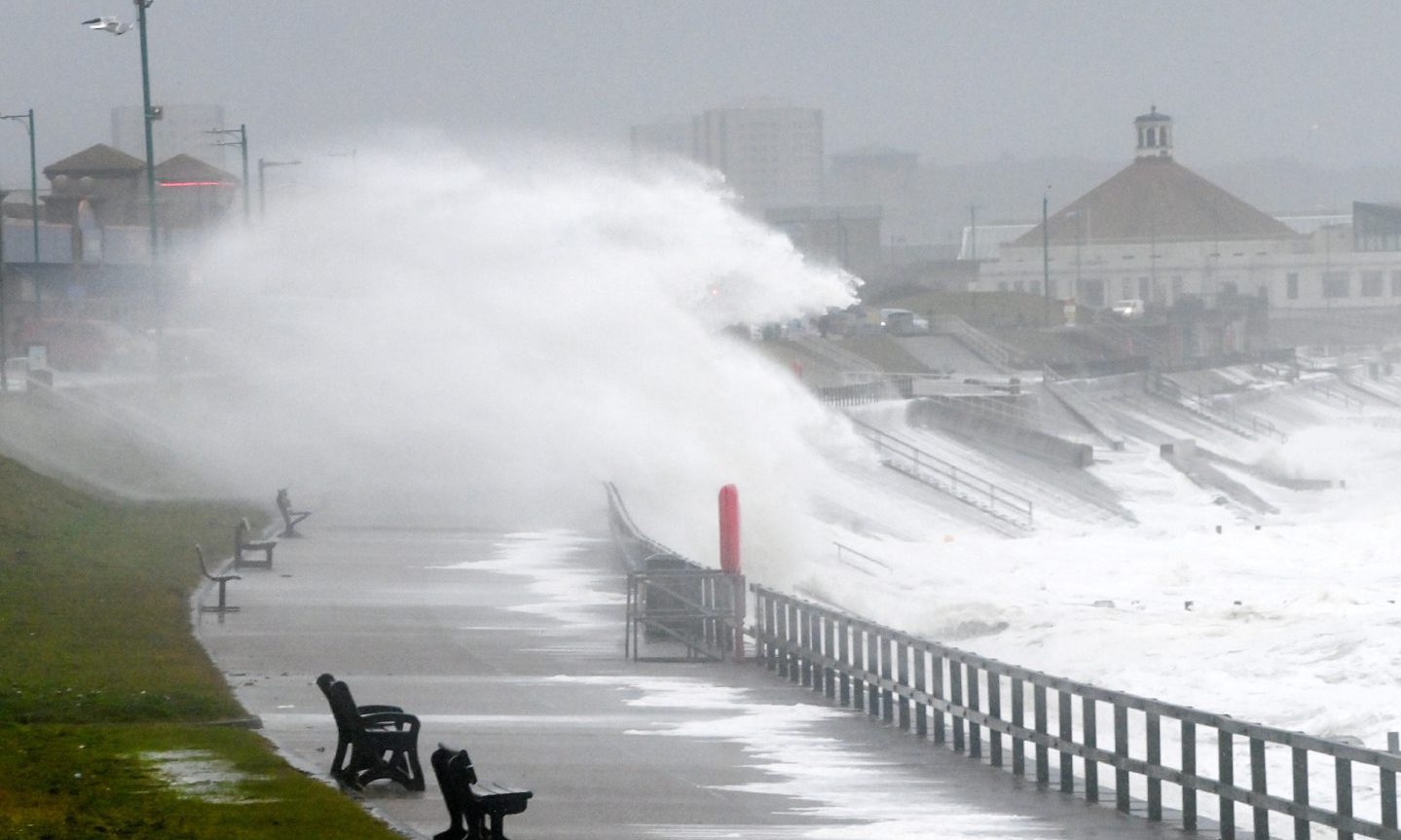“The cafes are all deserted. The streets are wet again.
“There’s nothing quite like an out-of-season holiday town in the rain…”
The imagery in these deceptively simple Chris de Burgh lyrics is genius. Humour me and read them again.
Suddenly, I’m in an anorak with my hood up, shivering, gazing through the peeling arches of a bandstand towards a parade of shuttered shops. Ice cream. Souvenirs. Fish and Chips. Amusements. Burgers. To Let. Toilets.
There’s a weed-filled patch of tarmac, vacated months before by the funfair. It’s ringed with bins, their lids skew-whiff yet, still, so many dented cans have failed to make it into any of them and lie rusting in puddles.
Beyond, the sea is a roaring brownish-grey, whooshing over the tumbling pebbles on the beach, so loud that massive gulls, overhead and on lamp posts, struggle for their cries to be heard. The rain tastes of salt and the air smells of seaweed and, still, above all of this, there’s room for a question in the song: why, when everyone else has clearly gone, am I still there?
My mother was an English teacher and taught her pupils to think about all of the senses when writing description, but I think it’s even cleverer to write something that compels the reader to use their own senses all by themselves. So, it’s De Burgh: 1, Munro: nil, and we shall move on.
Or maybe not. Let’s stay in that rainy, out-of-season holiday town for a while. If the cafes are, indeed, all deserted, then where is everybody? Not the tourists, obviously – they’ve gone home. But the locals? They can’t be stacked away in a shed like the Waltzer and the coconut shy. My rainy wee holiday town may look like it’s gone into hibernation, but its occupants have got bills to pay like the rest of us.
What did Medieval people do in winter?
Just imagine if we could live in harmony with the changing seasons, having our lives dictated by Mother Nature like they did in the olden days. Farmers do it, but not so the rest of us.
Wistfully, because my history knowledge is woefully scant, I Googled: “what did Medieval people do in winter?” and the answer sounded lovely. Basically, they stayed indoors by the fire, eating salted pork and potages of things they had stewed and bottled in the autumn.
If they had to go outside, to tend livestock, for example, they’d maybe mend a fence while they were about it, cut some wood or fling some manure over the fields. But, other than that, it was all about the knitting and the whittling of tools by the hearth. Not waiting for better weather; rather, living aptly in the moment.
With 2024 open for business (happy New Year, by the way!), despite being old enough to know better, I still feel the pressure to make this year count by pushing forward in a meaningful way. Be that fitness, work, learning, travel or whatever, this is the year when it will definitely be done and done better. And, for some reason, it needs to start now.
Not so my medieval sisters and brothers. They would have had plans and ambitions, too, but they also had an overriding imperative to stay warm and fed, tending to basics to keep a dry roof over their heads, their clothes mended, their children and livestock cared for, while outside, the earth slept, recuperated and prepared for spring.
It’s OK to be small and cosy
For me, it’s tough reverting from being a jolly, festive household of six, plus cats, back to a household of two, plus cats. It feels like the filling in the house has been scooped out, and I’m left in an airy shell, eyes darting to and fro, knowing I’m lucky and everything is fine but not truly believing it. There’s a sensation of not quite panic but definitely anxiety around filling the void immediately with worldly, worthy things.
Lockdown, of course, scuppered everyone’s ability to live seasonally, and many of us are still scarred by the restrictions it imposed. Being ordered to stay home and be still, even through the balmy months of spring and summer, went against the grain, not only because of the restrictions on our liberty but also on our natural body clocks which, though unheeded most of the time, nonetheless ticked on.
‘Fix some tiny things at home. A hole in a jumper, a shoogly door handle, a faltering relationship with a friend’
Its ending brought a pressure to make good use of our blessed freedom and plan for big things. But that’s in the past, too.
Now, somewhere deep inside all of us, is a primal voice of nature saying: “Hey there, calm down. It’s winter. It’s OK to be small and cosy, to do little things; things that comfort you and feed your soul. Fix some tiny things at home. A hole in a jumper, a shoogly door handle, a faltering relationship with a friend.
“Must you go out? That thing you feel compelled to travel to do will be so much nicer in spring, when you’re rested and mended, won’t it?”
Erica Munro is a novelist, playwright, screenwriter and freelance editor



Conversation